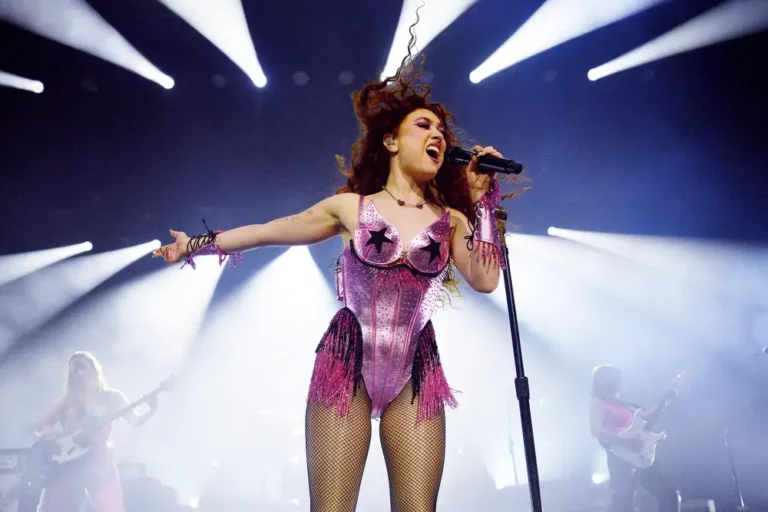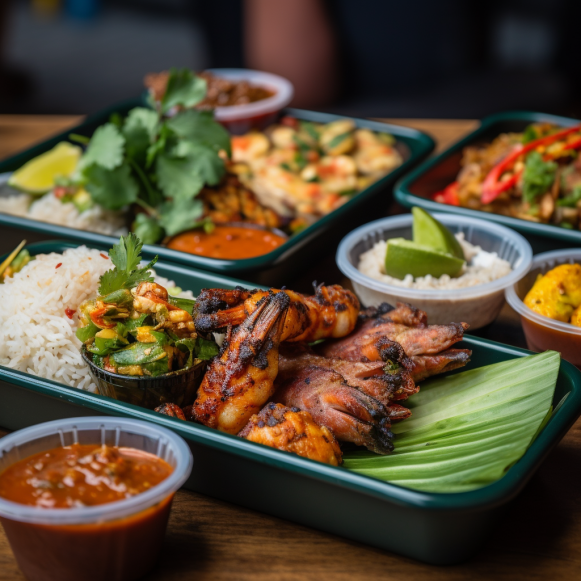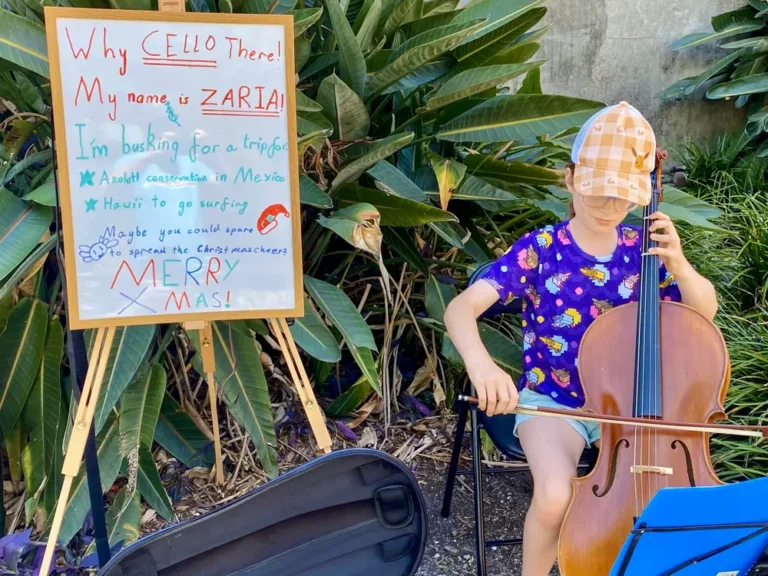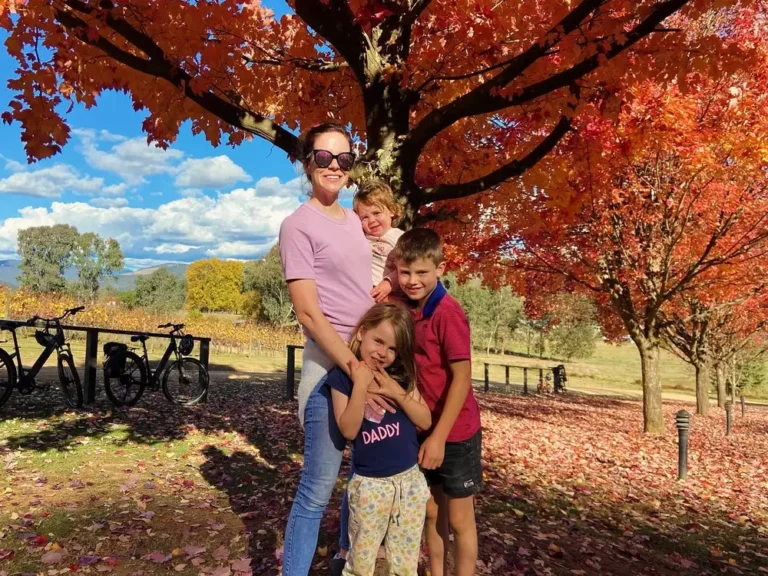How pinball’s feminist uprising got its start in the Bay Area
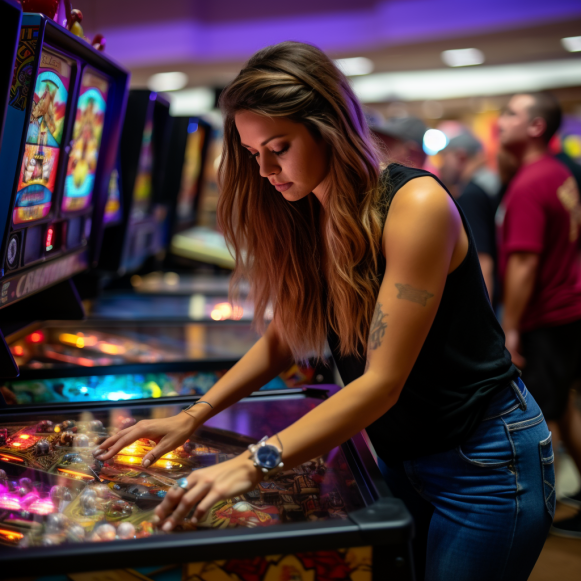
A decade in, this ‘league of their own’ has transformed the world of competitive pinball
When you think of bumpers, flippers, and gobble holes, you might not think of a woman releasing the plunger. You didn’t, at least not a decade ago, when an Oakland player decided to make the competitive pinball world a more welcoming place. Today, this “league of their own” has transformed what was once a niche hobby into a wildly popular activity open to all.
In 2013, Echa Schneider discovered pinball and began playing every day after work at Oakland’s Radio Bar. But, as much as she enjoyed pinball, she despised being one of the few — and sometimes the only — women at competitive pinball events. She was dismissed, sidelined, or told she was “good for a girl.” Even the vintage pinball machines that lined arcades, bars, and competitive events portrayed women as sexualized in a cartoonish way.
So Schneider formed her own competitive women’s pinball league, The Belles and Chimes.
The first Belles and Chimes event that same year drew about a dozen players — and some strong opposition from male pinball players.
“It was shocking to me how controversial the idea was,” Schneider says.
She was told that women weren’t interested in pinball and accused of intentionally dividing the community. Men from all over the country sent hateful Facebook messages.
Female players in the Bay Area, on the other hand, were immediately drawn to the group’s welcoming atmosphere and camaraderie.
“It’s kind of like ‘Sex and the City,’ but with pinball,” says Schneider.
Other women soon followed suit, establishing their own chapters. The following spring, a Belles and Chimes group debuted in New York City, followed by a half-dozen more in cities ranging from Eugene, Oregon, to Oklahoma City. Even the male skeptics began to change their minds.
By 2015, the International Flipper Pinball Association (IFPA), which organizes events and keeps track of rankings, had started ranking female players and allowing women-only events. Outbursts, physical aggression, and sexual harassment were all prohibited by the league’s code of conduct, which had previously been a major issue. The IFPA hosted its first Women’s World Championship a year later.
“That was a huge milestone for women’s pinball,” says Schneider.
It progressed from there. There were once only four women among the top 1,000 players; now there are 44. From Belles and Chimes chapters to Seattle’s Babes in Pinland and Portland’s Fantastic Ladies in Pinball (FLiP for short), female leagues have sprouted up across the country. Leagues have also sprouted up in Australia, New Zealand, the United Kingdom, and Mexico.
“Over the last 10 years, I’ve seen such a real increase in the number of women playing competitively,” says Zoe Vrabel, a former women’s world pinball champion from Portland. “I think I’ll be happy when every city that has an open league also has a women’s league, and every expo that has a major tournament has a women’s tournament.”
Brandy Thompson, who now leads the Bay Area Belles and Chimes, says there’s more to the game’s appeal than competition. According to her, pinball teaches patience and fosters a sense of community. It’s also entertaining.
“It’s almost like meditating.” “It forces you to concentrate and be gentle,” Thompson says. “We get to come together and be kids for a few hours.”
As the game’s demographics have expanded, so has its geographic footprint in the United States, Canada, Australia, Europe, and Asia. Stern Pinball, the world’s largest pinball manufacturer, announced plans in February to more than double its research and development, production, and office space, citing 20% to 30% annual growth.
Some of that popularity has been witnessed firsthand by the owners of San Francisco’s Outer Orbit. The Hawaiian restaurant serves as the headquarters for the Bay Area Belles and Chimes, who meet on Mondays to play.
“It’s blown up,” says Christian Gainsley, who co-owns the restaurant with Belles and Chimes member Elisabeth Kohnke. Pinball brings together people — from dog walkers to lawyers — who might not otherwise meet, according to Kohnke.
Meanwhile, Schneider hopes that the women’s league approach will be used to make pinball even more inclusive. “The way it has created a welcome space for women,” according to her, “could serve as a model for people who want to invite other, more diverse communities — queer players or people of color — into pinball.”
Last year, trans woman Jackie Olson followed in Schneider’s footsteps and founded the San Francisco Queer Pinball League, which meets on Tuesdays at Gestalt, a San Francisco bar and grill known for its pinball machines. The league quickly reached its limit of 36 players.
“As far as I know, this is the only queer pinball league I’ve seen or heard of,” says Olson. “It’s been a huge success. “I believe this will continue to grow.”

